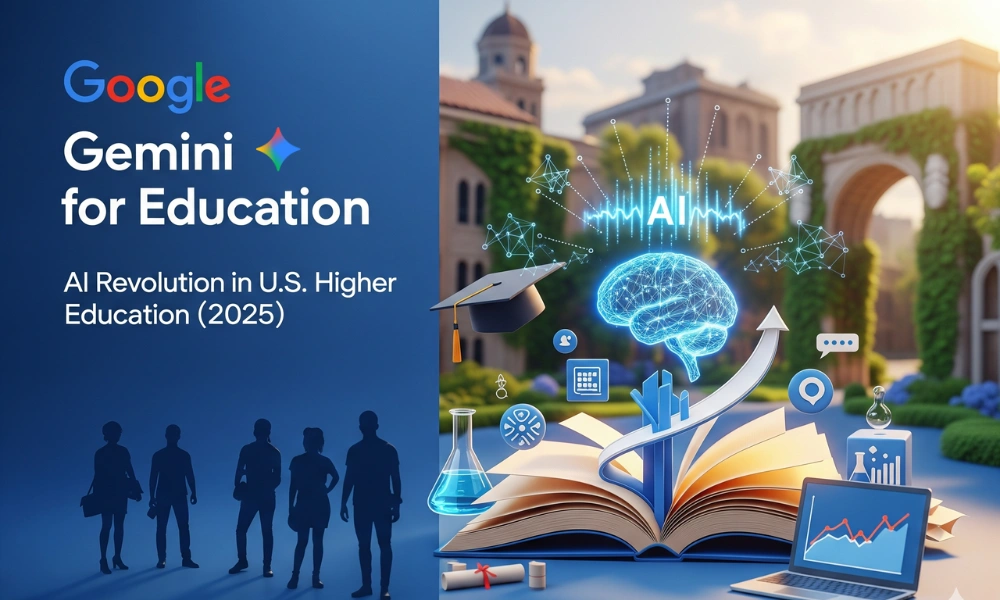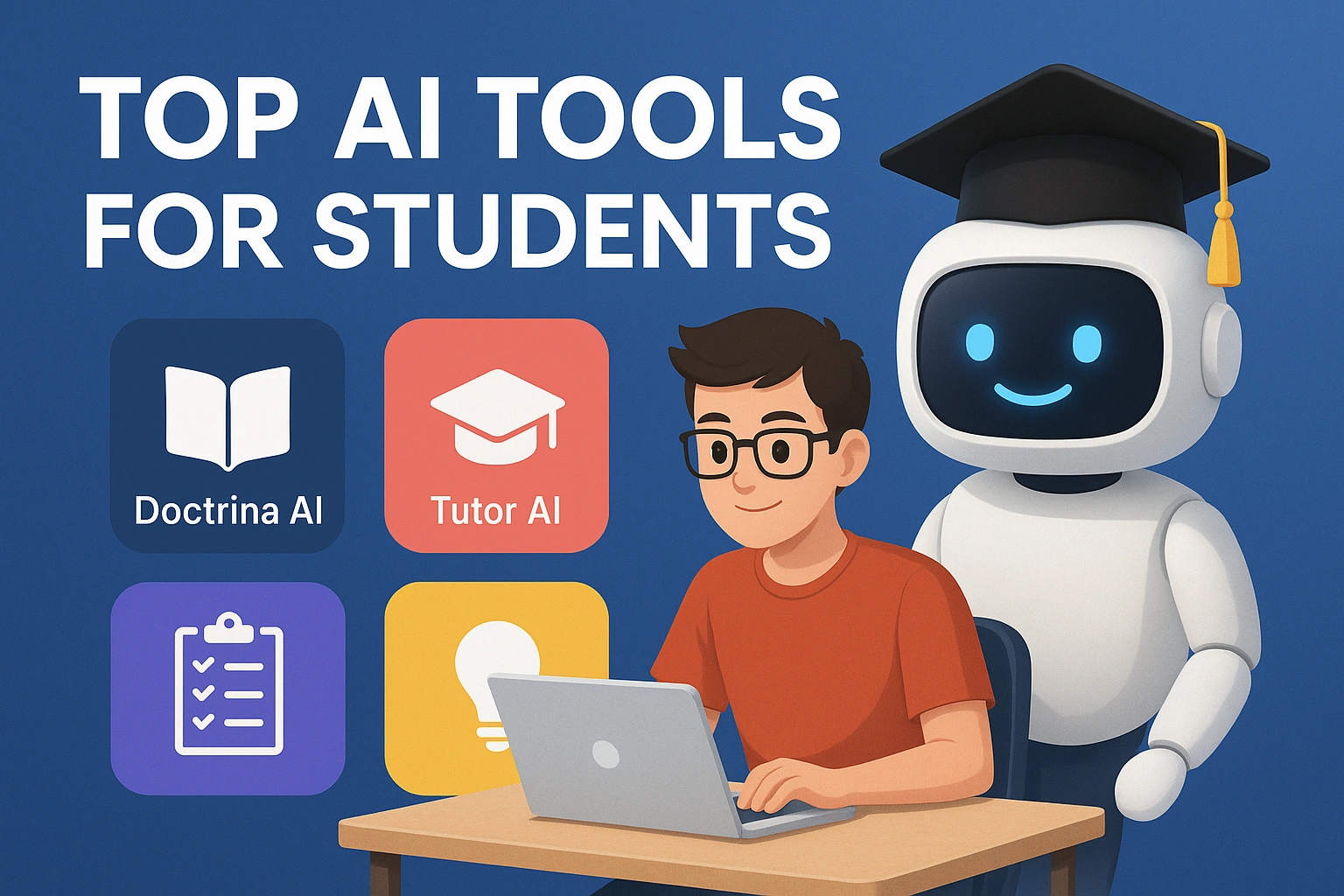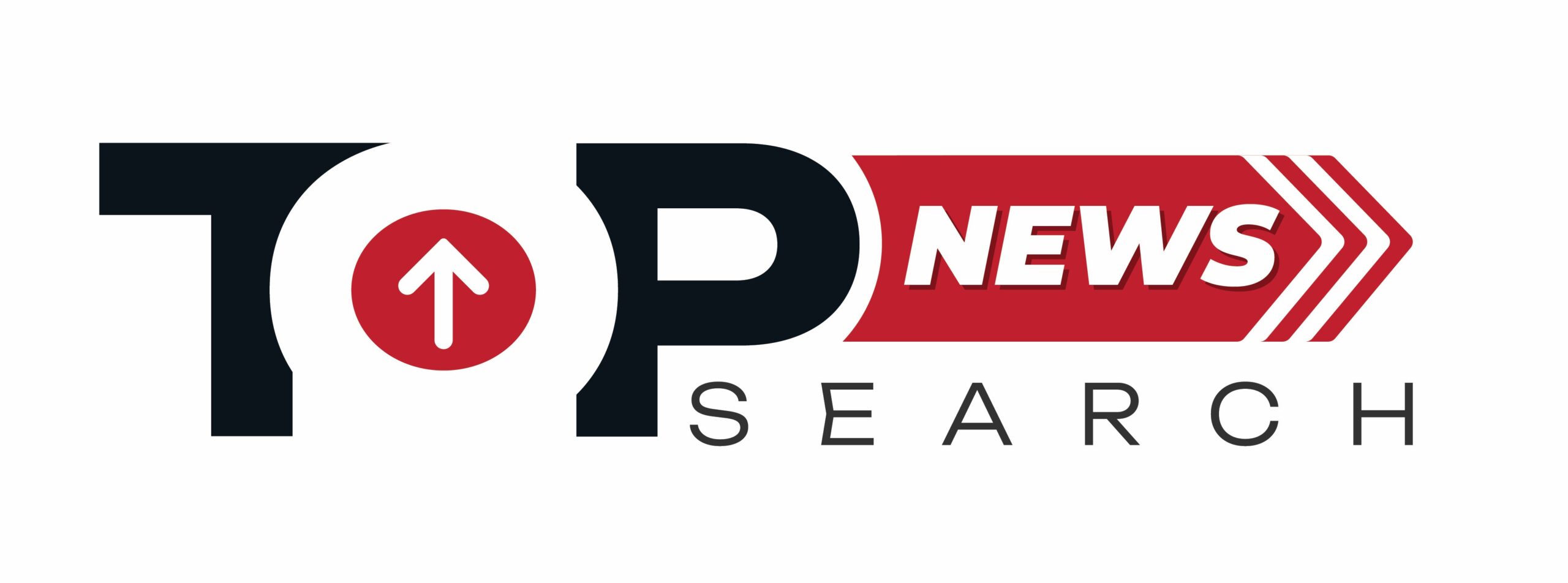
Catholic University Launches AI Institute with Microsoft’s Taylor Black at the Helm
- September 16, 2025
- Top Search
- 10:36 am

Quick Overview
The Catholic University of America has launched a new AI institute led by Microsoft’s Taylor Black. The institute focuses on AI research, education, and industry collaboration to advance technological innovation.
Introduction
Artificial Intelligence (AI) has emerged as one of the most transformative forces in the 21st century, reshaping industries, driving innovation, and redefining the future of work. In academia, AI has become an indispensable tool, not only advancing research capabilities but also equipping students with critical skills for an increasingly digital economy. Recognizing the potential of AI to revolutionize education and research, The Catholic University of America has launched a dedicated AI Institute, signaling its commitment to being at the forefront of technological advancement.
This new initiative aims to blend rigorous academic research with practical, real-world applications, offering a platform where students, researchers, and industry leaders can collaborate to solve some of today’s most pressing challenges. At the helm of this pioneering endeavor is Taylor Black, Microsoft’s Director of Artificial Intelligence, whose extensive experience in AI research and development promises to steer the institute toward groundbreaking innovations.
The Catholic University AI Institute is more than just a research hub—it is a convergence point for knowledge, creativity, and technological prowess. By fostering an environment where AI is studied, taught, and applied in practical scenarios, the institute is poised to become a leader in AI education, research, and ethical innovation. In this blog, we explore the significance of this initiative, the leadership of Taylor Black, the institute’s objectives, and the potential impact on students, academia, and the wider AI ecosystem.
Microsoft’s Taylor Black: A Visionary Leader in AI
Taylor Black has long been recognized as a leading figure in the AI landscape. As Microsoft’s Director of Artificial Intelligence, he has been instrumental in driving innovations in machine learning, natural language processing, computer vision, and AI-powered solutions across multiple industries. His work has consistently bridged the gap between theoretical AI research and practical application, making him an ideal choice to lead the Catholic University AI Institute.
Black’s career spans decades of groundbreaking research and executive leadership. He has overseen AI projects that range from enterprise automation solutions to advanced cognitive systems capable of understanding complex human behavior. His leadership style emphasizes collaboration, interdisciplinary research, and the ethical application of AI technologies. Under his guidance, the new AI Institute is expected to not only conduct cutting-edge research but also establish strong industry partnerships that ensure academic discoveries translate into real-world impact.
By appointing Taylor Black, Catholic University is sending a strong signal to the AI community: this institute aims to be a global hub for innovation, ethical AI, and education. Black’s vision emphasizes the importance of responsible AI development, ensuring that technological advancements are aligned with societal benefits and human-centered principles.
Objectives of the Catholic University AI Institute
The Catholic University AI Institute has been designed with multiple strategic objectives that encompass research, education, and industry collaboration.
1. Research Excellence:
The institute aims to conduct pioneering research across a variety of AI domains, including machine learning, neural networks, natural language processing, robotics, and computer vision. By fostering a collaborative research environment, it intends to produce high-impact publications, patents, and innovative AI solutions that can address complex challenges across sectors such as healthcare, finance, education, and government.
2. Educational Advancement:
Education remains a cornerstone of the institute’s mission. Specialized courses, degree programs, and certification opportunities will equip students with advanced AI skills. Beyond technical proficiency, the institute will focus on teaching ethical AI practices, critical thinking, and problem-solving skills necessary for the AI-driven workforce of the future. Students will have access to mentorship from industry leaders, hands-on projects, and real-world AI deployments, creating a learning environment that bridges theory and practice.
3. Industry Collaboration:
Collaboration with tech companies, startups, and research organizations will be a key focus. Microsoft’s involvement provides a unique opportunity for students and researchers to work on large-scale AI projects and access state-of-the-art AI tools and platforms. Such partnerships will accelerate the translation of academic research into tangible solutions that benefit society and drive economic growth.
4. Community and Global Impact:
The institute is also committed to serving the wider community by offering workshops, public seminars, and training programs. By promoting awareness and understanding of AI among non-specialists, the institute aims to foster a culture of informed technology adoption, ethical AI use, and social responsibility.
The Role of AI in Academia
Artificial Intelligence has become integral to academic research and education. Universities worldwide are leveraging AI to enhance teaching methods, streamline administrative processes, and advance scientific discovery. For instance, AI-driven data analysis can accelerate research by identifying patterns and insights that were previously difficult to detect. Similarly, AI-powered educational platforms can offer personalized learning experiences, adapting content to individual student needs.
The Catholic University AI Institute is positioned to join the ranks of leading global AI research centers, including MIT’s Computer Science and AI Laboratory (CSAIL), Stanford AI Lab, and Oxford’s AI initiatives. By combining rigorous academic research with access to industry-grade AI technologies, the institute can contribute novel insights to the global AI community while preparing students to become leaders in this rapidly evolving field.
AI and Industry Collaboration
Industry partnerships are essential for bridging the gap between theoretical research and practical application. Microsoft’s involvement in the AI Institute ensures that students and researchers have access to cutting-edge AI tools, cloud infrastructure, and industry mentorship. This collaboration fosters a symbiotic relationship: while the university produces innovative research, the industry gains access to fresh talent, novel solutions, and collaborative projects that drive business growth.
Such partnerships also promote applied AI research in areas like healthcare diagnostics, autonomous systems, financial modeling, and intelligent robotics. By integrating academic rigor with industry experience, the institute ensures that AI innovations are both technically sound and commercially viable.
Future Outlook and Expected Innovations
Looking ahead, the Catholic University AI Institute is expected to achieve several milestones:
Breakthrough Research: Development of advanced AI algorithms that improve efficiency, accuracy, and adaptability.
Talent Development: Training students who can lead AI initiatives across industries and academia.
Global Contributions: Collaborative research that addresses global challenges, including climate change, healthcare accessibility, and ethical AI deployment.
Public Engagement: Creating platforms for ethical discussions, public education, and community-focused AI initiatives.
By fostering an ecosystem of research, learning, and collaboration, the institute can shape the future of AI in both academic and industrial contexts.
Impact on Students and the Community
For students, the institute offers unparalleled opportunities for learning, innovation, and professional development. Internship programs, mentorship by AI leaders, and hands-on projects prepare students for careers in AI research, software development, and data science.
Beyond students, the institute also aims to benefit the broader community. By hosting workshops, seminars, and public lectures, it promotes awareness of AI’s benefits and challenges. Ethical AI practices, responsible technology use, and informed decision-making are central to the institute’s mission, ensuring that technological progress benefits society as a whole.
Why This Initiative Matters in 2025
The timing of this initiative is crucial. In 2025, AI is no longer a futuristic concept—it is a key driver of economic growth, scientific discovery, and social transformation. By establishing a dedicated AI institute, Catholic University positions itself as a leader in shaping AI education, research, and policy.
With global competition in AI intensifying, the institute’s focus on ethical AI, industry collaboration, and student training ensures that the U.S. remains at the forefront of innovation. Taylor Black’s leadership, combined with the university’s academic excellence, promises to produce impactful research, nurture skilled professionals, and contribute to societal advancement.
Conclusion
The Catholic University AI Institute, led by Microsoft’s Taylor Black, represents a bold step toward integrating academia, industry, and ethical innovation in artificial intelligence. By fostering research excellence, providing advanced educational programs, and encouraging collaboration with industry partners, the institute is poised to make significant contributions to the AI ecosystem.
Related Blog
Google Gemini for Education is transforming U.S. higher education by integrating AI into classrooms, research, and administration. Colleges like San Diego State University are using Gemini to enhance learning, streamline operations, and prepare students for an AI-driven workforce. This shift emphasizes AI literacy, personalized education, and future-ready skills.
Google Gemini for Education: AI Revolution in U.S. Higher Education in 2025
FAQs
The Catholic University AI Institute is a cutting-edge research and education center focused on Artificial Intelligence (AI), machine learning, and AI innovation.
Taylor Black, Microsoft’s Director of Artificial Intelligence, leads the institute, guiding research, industry partnerships, and AI educational programs.
The institute offers specialized courses in machine learning, natural language processing, computer vision, and AI applications for students and professionals.
Through strategic partnerships with tech companies, the institute applies AI solutions to real-world challenges and fosters innovation-driven projects.
By combining academic rigor with Microsoft’s expertise, the institute advances AI research, develops skilled professionals, and strengthens the global AI ecosystem.

Recent Posts:



